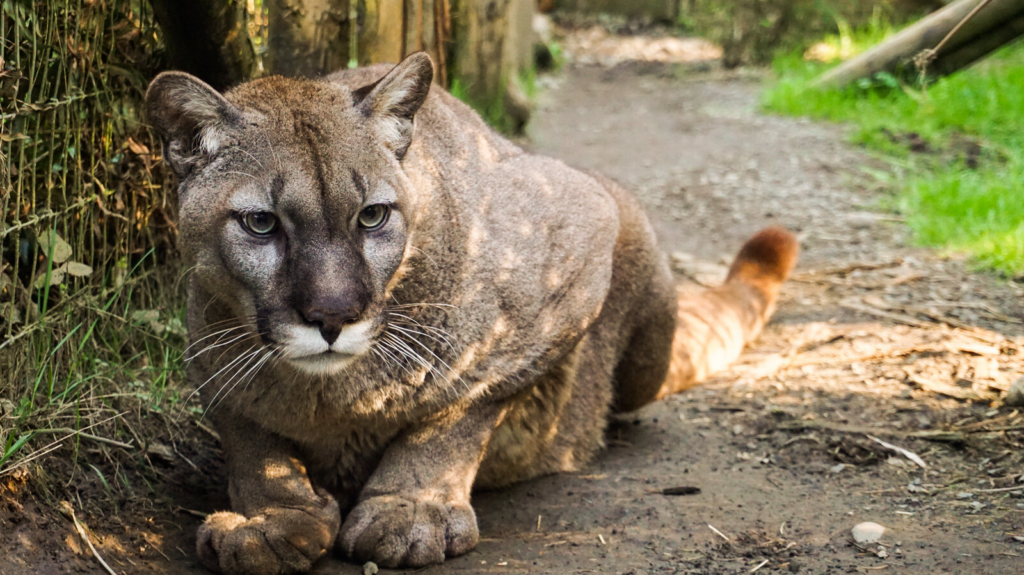
In a tragic outbreak, 20 big cats at the Wild Felid Advocacy Center of Washington, including a Bengal tiger and several cougars, have succumbed to bird flu over the past few weeks. This marks an unprecedented crisis for the sanctuary, which typically sees animals pass away due to natural causes like old age.
Impact of the outbreak
The sanctuary, home to various exotic felines, reported that the infections spanned from late November to mid-December. Among the deceased are five African serval big cats, four bobcats, two Canada lynx, and a Bengal tiger. Now, only 17 big cats remain in the facility.
Director Mark Matthews described the bird flu as a “wicked virus,” noting its rapid progression and high fatality rate in cats. The virus can cause subtle early symptoms but often leads to death within 24 hours due to pneumonia-like conditions.
Measures taken
The sanctuary has been placed under quarantine and is closed to the public to prevent further spread. According to the team’s statement, the loss has deeply impacted staff, who are mourning the deaths of these cherished animals.
Bird Flu’s growing reach
The bird flu, primarily spread through wild bird contact, has devastated poultry flocks across the US and now poses increasing risks to mammals, including cattle and humans.
- Cattle Impact: Bird flu infected cattle in the US for the first time this year, with outbreaks prompting emergency responses, such as California’s declaration to combat the spread among dairy cows.
- Human Cases: Since April 2024, 61 human cases of bird flu have been reported in the US. While most were mild, one severe case required hospitalization in Louisiana this month.
CDC’s outlook
The Centers for Disease Control and Prevention (CDC) has stated that while the risk to the general public remains low, the virus’s expanding reach highlights the need for vigilance and proactive measures.
This outbreak at the sanctuary underscores the broader challenges posed by bird flu as it continues to impact diverse species, from wild animals to humans.

















































